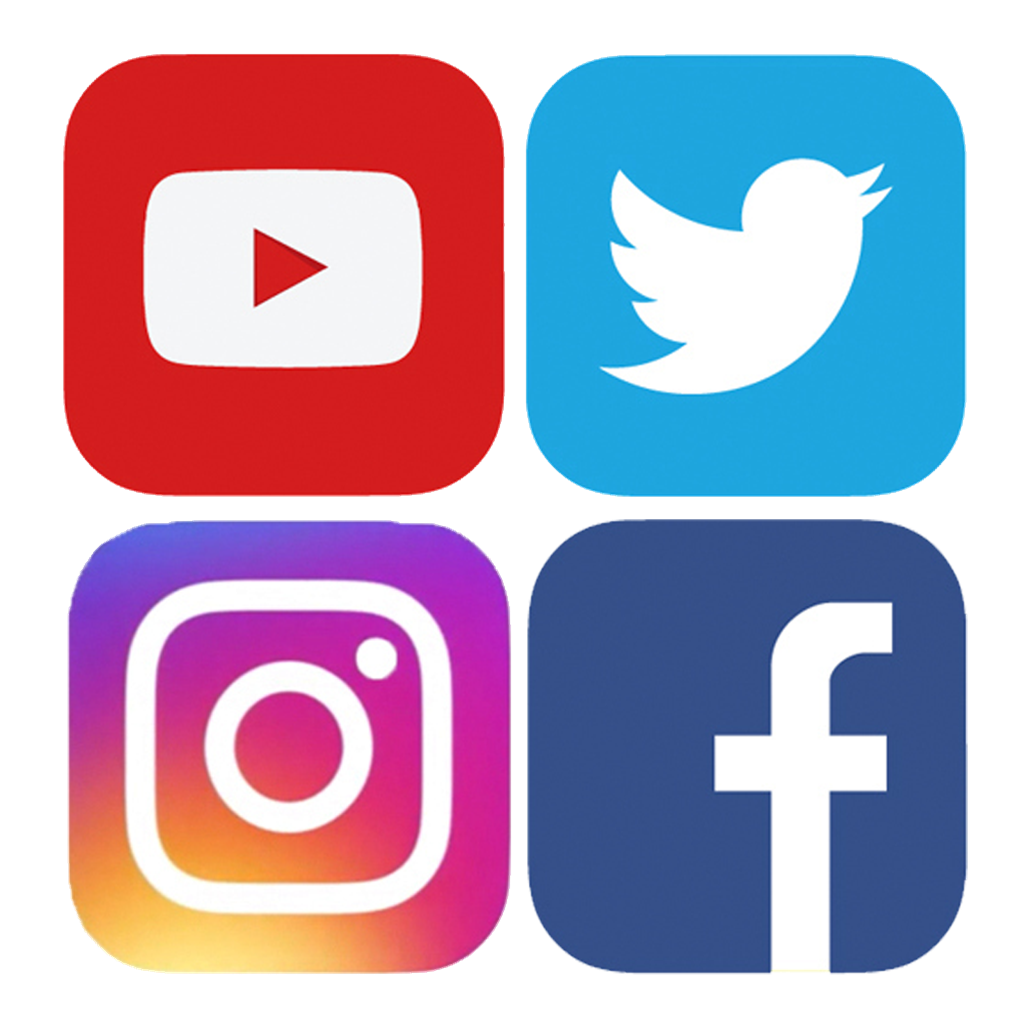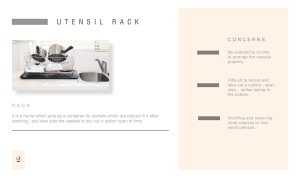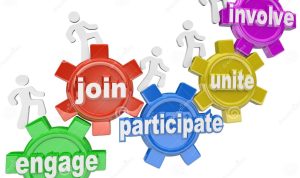Social Media Contests for Lifestyle Brands is a dynamic approach to engaging audiences and boosting brand visibility in an increasingly competitive market. These contests not only foster community interaction but also enhance brand loyalty by inviting followers to participate creatively. By leveraging social media platforms, lifestyle brands can reach a broader audience while showcasing their unique identities through innovative contest formats.
From encouraging user-generated content to offering enticing prizes, social media contests serve as a powerful marketing tool. They allow brands to connect on a personal level with their customers, making the experience enjoyable and beneficial for both parties involved. As lifestyle brands navigate the digital landscape, these contests can significantly drive traffic, engagement, and ultimately, sales.
In today’s fast-paced world, the art of effective communication has never been more crucial. As we navigate through various social and professional landscapes, the ability to convey ideas clearly and engagingly can significantly impact relationships and opportunities. This article explores the importance of effective communication, the various forms it takes, and how to enhance your communication skills for better interactions.### Understanding CommunicationCommunication is a multifaceted process involving the exchange of information, thoughts, and feelings between individuals or groups.
It encompasses verbal and non-verbal methods, including spoken and written language, body language, facial expressions, and even tone of voice. The complexity of communication lies not just in the words we choose but also in how we deliver them and interpret the responses of others.### The Importance of Effective CommunicationEffective communication is vital for several reasons:
1. Building Relationships
Whether in personal or professional settings, strong communication fosters trust and understanding. When individuals express their thoughts and feelings clearly, it opens the door for meaningful connections.
2. Conflict Resolution
Misunderstandings are a common source of conflict. By communicating effectively, individuals can address issues before they escalate, leading to healthier interactions.
3. Influencing Others
Good communicators can persuade and inspire others. This is particularly important in leadership roles, where the ability to motivate a team is essential for success.
4. Enhancing Teamwork
In collaborative environments, clear communication ensures that everyone is on the same page. This leads to increased productivity and a more harmonious workplace.
5. Encouraging Feedback
Open lines of communication encourage feedback, which is essential for personal and professional growth. Constructive criticism can lead to improvement and innovation.### Forms of CommunicationEffective communication can take many forms, each suited to different contexts and audiences. Here are some of the most common types:
Verbal Communication
This includes spoken conversations, presentations, and discussions. Verbal communication is direct and often the quickest way to convey information.
Non-Verbal Communication
Body language, eye contact, and facial expressions often communicate more than words alone. Being aware of non-verbal cues can enhance understanding and connection.
Written Communication
Emails, reports, and text messages fall under this category. Written communication allows for careful consideration of wording and can be referred back to if needed.
Visual Communication
Charts, graphs, and images can effectively support verbal and written communication, making complex information easier to digest.### Tips for Enhancing Your Communication SkillsImproving your communication skills is a continuous process that can significantly benefit your personal and professional life. Here are some practical tips to enhance your abilities:
1. Practice Active Listening
Listening is just as important as speaking. Show genuine interest in what others have to say by maintaining eye contact, nodding, and providing feedback.
2. Be Clear and Concise
Avoid jargon and overly complex language. Aim for clarity by organizing your thoughts before speaking or writing.
3. Adjust Your Tone
Your tone can change the perception of your message. Ensure it matches the context and the audience’s needs – be professional in work settings, and more relaxed in casual environments.
4. Pay Attention to Body Language
Your posture, gestures, and facial expressions can convey confidence and openness. Be mindful of these non-verbal cues as you communicate.
5. Seek Feedback
Don’t hesitate to ask for feedback on your communication style. Constructive criticism can help you identify areas for improvement.
6. Practice Empathy
Try to understand things from the other person’s perspective. This will help you respond more effectively and build stronger relationships.
7. Engage in Public Speaking
If you’re looking to boost your verbal communication skills, consider joining a public speaking group or taking workshops. The experience will enhance your confidence and effectiveness.
8. Be Open to Adaptation
Different situations may require different communication styles. Be flexible and willing to adjust your approach based on the audience and context.### The Role of Technology in CommunicationIn today’s digital age, technology plays a significant role in how we communicate. Email, social media, and instant messaging have transformed traditional communication methods, making it easier to connect with others across distances.
However, these technologies come with their own set of challenges.
Instant Messaging
While it allows for quick interactions, it can lead to misunderstandings due to lack of non-verbal cues.
Social Media
Platforms like Twitter and Facebook enable widespread communication but can spread misinformation if not approached carefully.
Video Conferencing
Tools like Zoom and Skype have made remote communication more personal, bridging the gap for teams working across different locations.Despite these advancements, it’s essential to maintain a balance and recognize the importance of face-to-face interactions whenever possible.### Overcoming Communication BarriersDespite our best efforts, barriers to effective communication can arise. Here are some common obstacles and strategies to overcome them:
Language Differences
When communicating across cultures, be mindful of language barriers. Use simple language and clarify meaning as needed.
Emotional Barriers
Personal feelings can cloud communication. Practice self-awareness and manage your emotions to avoid misunderstandings.
Physical Barriers
Noise or distance can hinder communication. Choose appropriate settings and tools to ensure your message is heard.
Perceptual Barriers
People may interpret messages differently based on their experiences. Foster open dialogue to clarify intentions.### ConclusionEffective communication is an essential skill that impacts every aspect of our lives. By honing our abilities to convey and interpret messages clearly, we can foster better relationships, resolve conflicts, and enhance collaboration. Embracing the nuances of verbal and non-verbal communication, adapting to various contexts, and leveraging technology wisely are all crucial steps in developing our communication prowess.
As we continue to navigate this ever-evolving landscape, remember that practice and self-awareness are key to becoming a more proficient communicator.
Questions and Answers: Social Media Contests For Lifestyle Brands
What types of prizes should we offer in contests?
Offering prizes that resonate with your audience, such as product bundles, gift cards, or exclusive experiences, can motivate participation.
How can we promote our social media contests effectively?
Utilizing various platforms, collaborating with influencers, and creating eye-catching visuals can enhance visibility and participation.
What are some successful contest ideas for lifestyle brands?
Ideas include photo competitions, video challenges, or themed giveaways that align with your brand’s ethos and audience interests.
How important is user-generated content in these contests?
User-generated content is vital as it fosters community engagement and provides authentic brand promotion through participants’ networks.
What metrics should we track to measure success?
Key metrics include engagement rates, follower growth, reach, and conversion rates to assess the impact of your contests.







